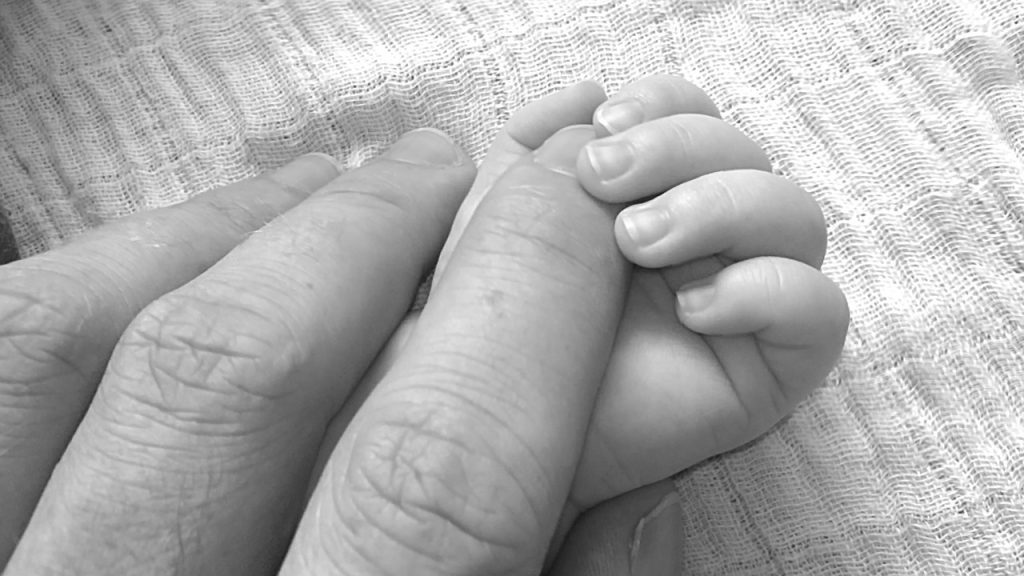By now, you’ve probably noticed that the Nanny Job website has a whole new look!
We hope you like the new design and find the site easier to navigate than before.
To get started on our homepage, just choose from one of the 3 options; Childcarer, Parent or Agency.
Then use our free and simple search tool to filter the search results to meet your requirements and find your perfect match!
You can also find a range of other useful information, including the Nanny Job blog which will also be updated soon, by clicking Info in the navigation menu.
If you have any feedback, let us know!










